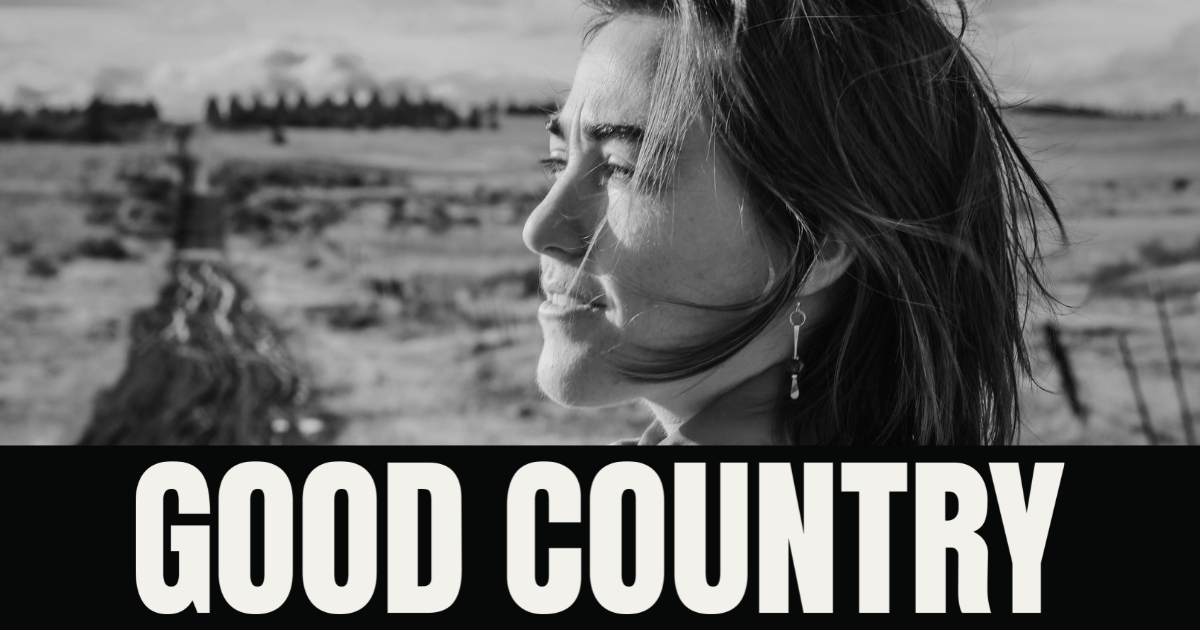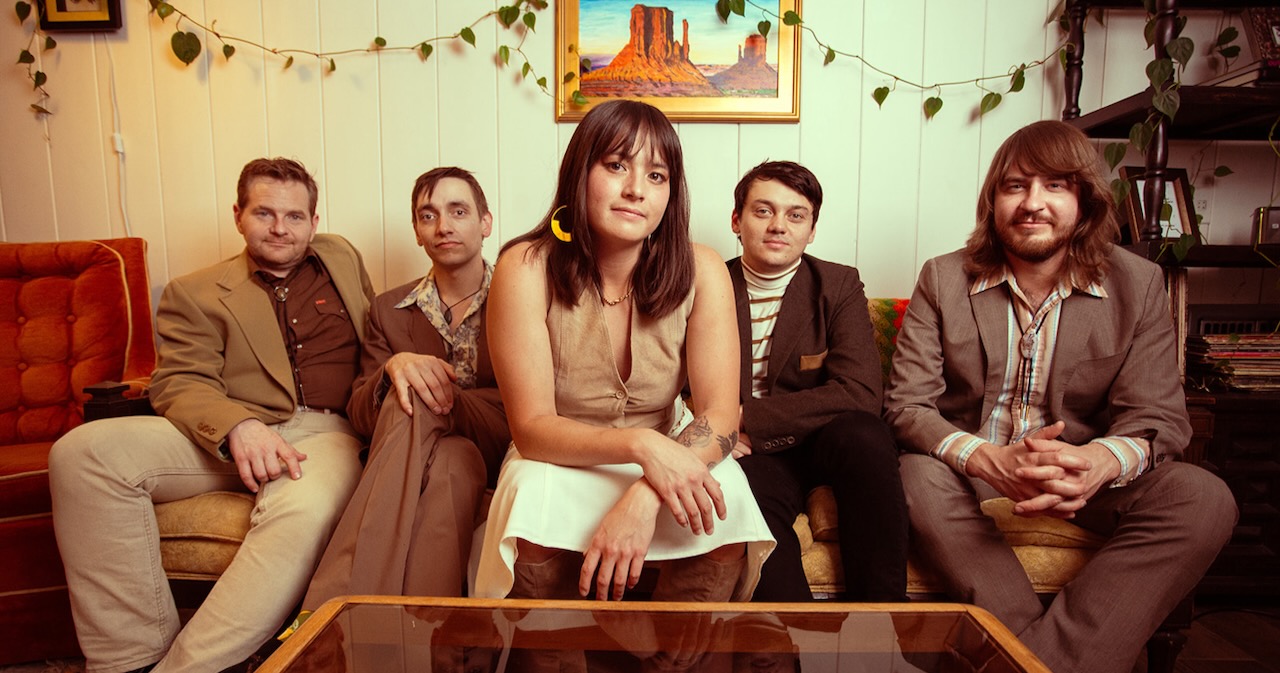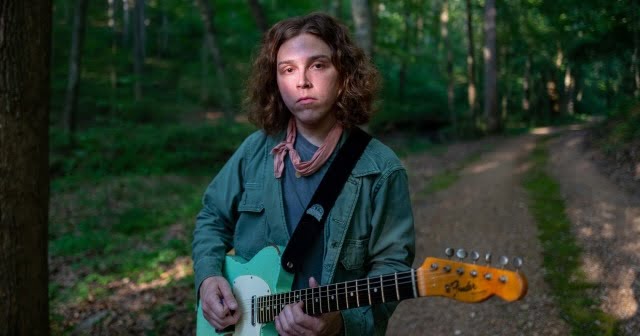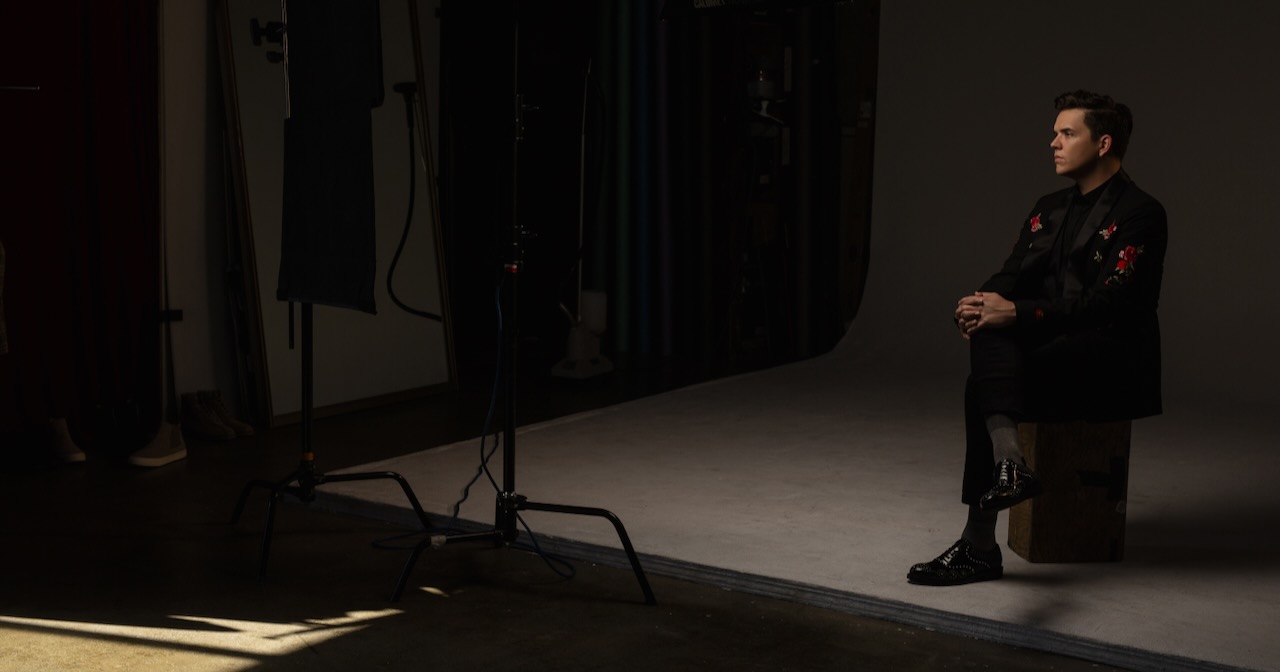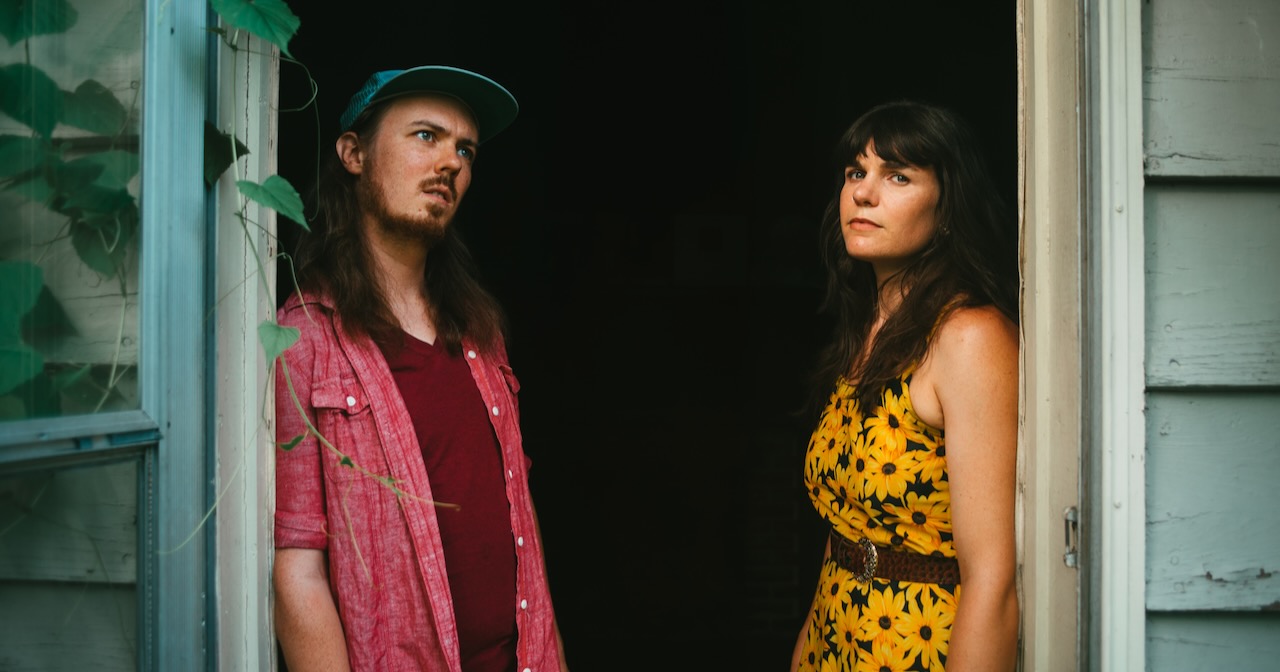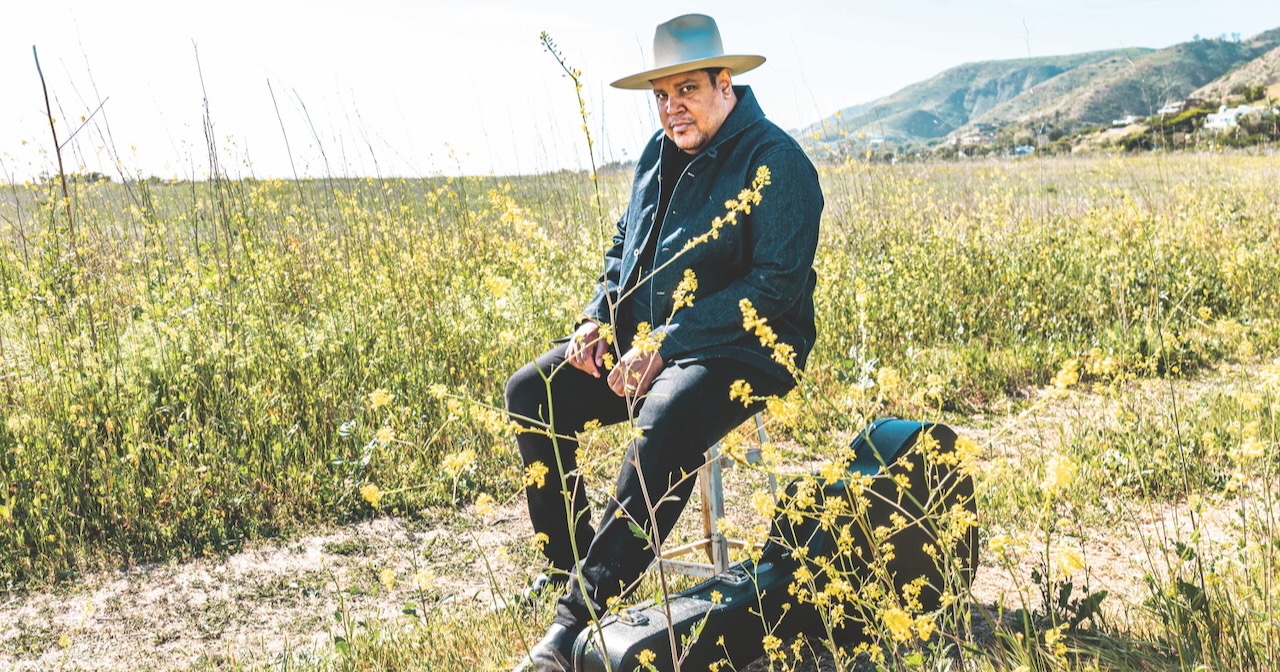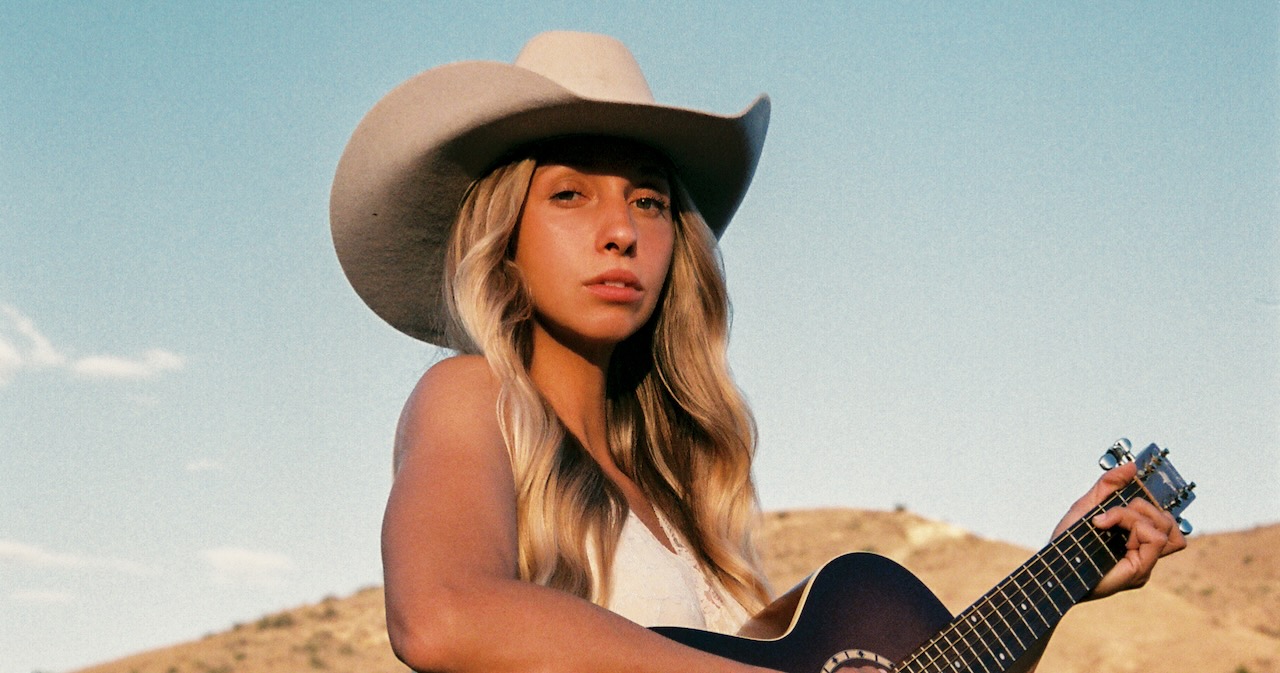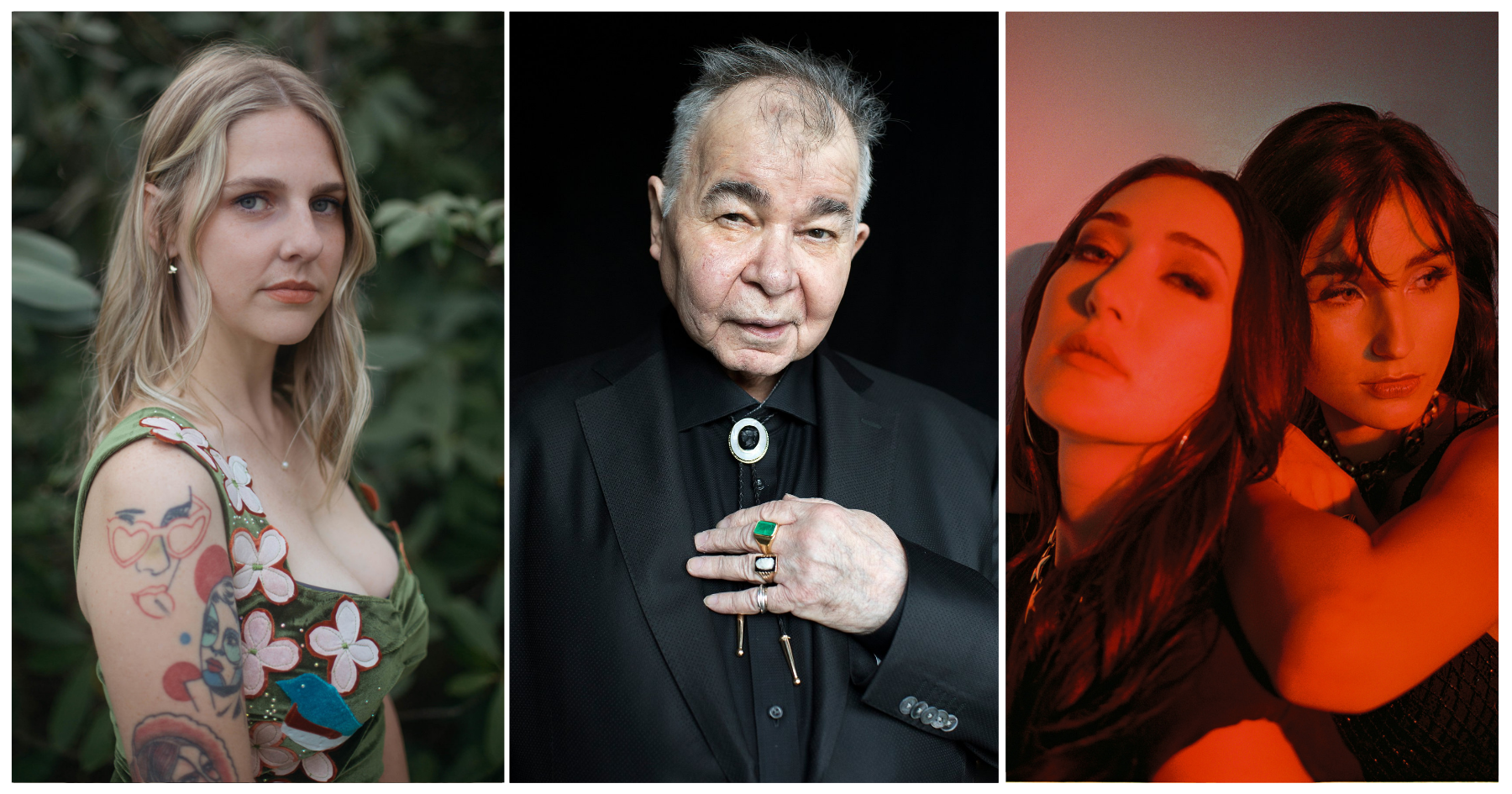While we could easily be mistaken for “a pair of demure young ladies playing in a mid-19th century parlor” as thoughtfully observed by Bluegrass Today some years ago, we are in fact drawn to folk music not for its wholesomeness, but for its realness and its capacity to have you at the edge, staring down the rocky cliffs of life into the depths of your humanity. The songs that endure and have been carried into the future often tend to have a lot of darkness balanced with beauty (reverence and irreverence), because that’s what resonates with folks. It’s what we’re made of. And anyone who dares to sing complex truths and carry stories around in their heads can be a folk rebel.
On our new album, Listen to the World Spin, we stopped worrying about how traditional we sound or “should” sound and just made the music we wanted to make. These songs tend to have themes of the contrast between connection, solitude, our personal struggles, and how we relate to the greater world around us. We ask a lot of questions on this album, the answers to which could be complicated, but ultimately are simple because there is no answer. Sometimes the best thing one can do in life is just listen.
This playlist of songs features friends, heroes, and legends; inspiratoria from our pasts and present. As we refuse to put ourselves into a musical box, so too do the artists on this playlist. Best enjoyed on a long walk or drive, preferably alone or with someone who gives you company without robbing you of your sense of solitude. Much love, – W & E, Paper Wings
“Same Old Man” – Karen Dalton
I love this combination of rough old-time banjo and electric guitar. What a voice. – EM
“Nine Hundred Miles” – Barbara Dane
I remember hearing this track for the first time on Democracy Now and it hit me as being so so cool… a feeling I only really get from punk music and raw, gritty folk. If you haven’t heard of Barbara Dane, you must look her up. She was a very involved activist during the civil rights movement and also wrote some very sharp political songs. – WF
“Sunlight” – Rushad Eggleston
I am a huge fan of the cello goblin’s love song era. – EM
“I don’t love nobody” – Elizabeth Cotten
Nobody plays guitar this good. Elizabeth Cotten is a legend, not much else to say. – WF
“I’ll Wash Your Love From My Heart” – Hazel Dickens & Alice Gerrard
Hazel & Alice are such heroes of ours! Independent, fierce, deeply committed humanists and musicians who have shone light on the path of living a life that is true to those values. – EM
“What Will We Do?” – Foghorn Stringband
Reeb Willms and Nadine Landry are true modern badasses. This track features them singing a capella on this foghorn record, and somehow it’s just as energetic and captivating as when the whole band is playing. They are incredible instrumentalists, but they don’t even need their instruments to make really good music. – WF
“No Reason” – Sunny War
I first heard Sunny play this song live in Nashville and the guitar part instantly stuck in my head. It’s so satisfying, my brain craves it. – EM
“Bad Repetation” – Woody Guthrie
From the spelling of the title, to the pronunciation of “window,” to the fact that the timing changes on every refrain and I still haven’t worked it out, Woody is the epitome of bad-boy-American-folk-singer-fun-rebel-friend. – WF
“Say Darlin’ Say” – Laura Veirs
It was bold to do this song this way with electric guitar. The hook at the end gets stuck in my head from time to time. There are so many poorly reimagined/re-harmonized trad songs, and to me, this one works because it is sparse, it is catchy, and it isn’t perfect. – WF
“Lopin’ Along Through the Cosmos” – Judee Sill
Our friend John Mailander turned me onto Judee Sill in 2019 and I listened to nothing but her for months, absolutely obsessed. The words to this song mean so much to me, “However we are is ok.” Nobody writes a melody like Judee. – EM
“Cumberland Gap” – Spencer & Rains
I remember hearing Howard and Tricia practicing this version of “Cumberland Gap” at Clifftop as they were camped next to me and being totally obsessed. I don’t know where they dug up this version, but it’s so fun and a good reminder that even when you think you know the coolest version of a song, there is probably a cooler one still out there. Also, this whole album is fun and you can even hear Emily play bowed bass on it, watch out. – WF
“Chewing Gum” – The Carter Family
I dare you to jump rope with your best friend to this song and try not to laugh when you sing the words, “I wouldn’t have a doctor, I’ll tell you the reason why/ He rides all over the country and makes the people die.” – WF
“Left Hand Lane” – Paper Wings
We wrote this song on a night drive home to Berkeley, talking about doing our taxes and being afraid of accidentally doing them wrong. We had borrowed a car from our friend Vynce. I somehow managed to live in the San Francisco Bay Area for 7 years and never had a Fastrak beeper (the toll taking company for bridges, express lanes, IYKYK) but we got to live that Fastrak life on this particular trip and it made it into the song. Thanks Vynce!! – EM
“Pretty Bird” – Laurie Lewis & Linda Ronstadt
I listened to Laurie’s albums growing up and long before I even played music. I am lucky now to call her a dear friend. I love her writing and her taste in covers. To some this might be a song about a little bird but it takes next to no imagination to hear it cautioning a young woman “he would only clip your wings.” – EM
Photo Credit: Kale Chesney

